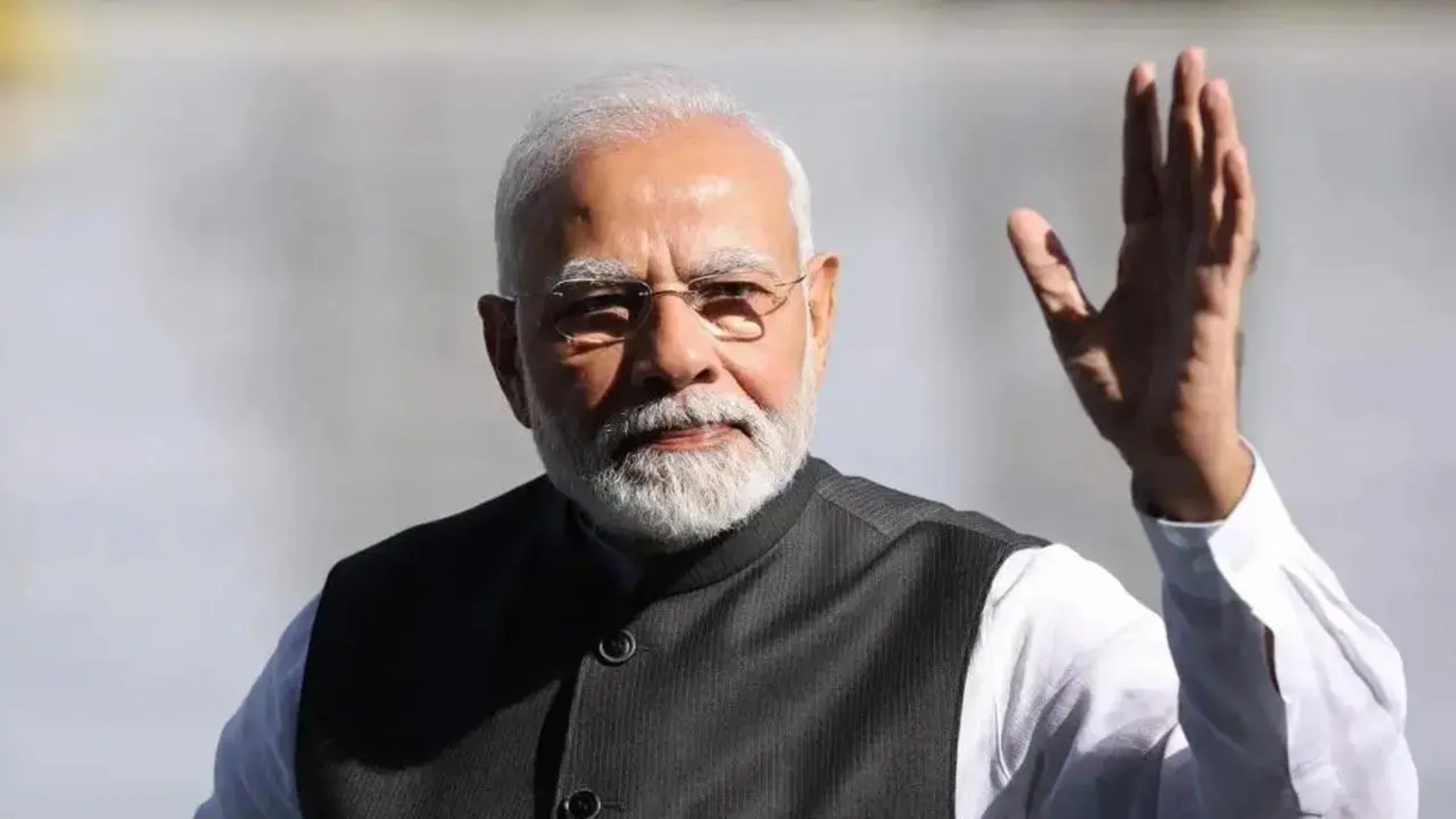A question put before the Supreme court last week that compelled the apex court to weigh whether to determine the damages of domestic violence by the injuries the victim has been succumbed to or the ability of the perpetrator to pay.
The petitioner has moved to the top court against orders passed by the Bombay High court and the trial court order that asked the man to pay his wife Rs 3 crore to his wife under section 22 of the protection of women from Domestic Violence Act, 2005.
What is the law on domestic violence?
The DV Act is intended to ““provide for more effective protection of the rights of women guaranteed under the Constitution who are victims of violence of any kind occurring within the family and for matters connected therewith or incidental thereto”.
Under Section 3 of the Act, “any act, omission, commission or conduct of the respondent” that “harms or injures or endangers the health, safety, life, limb or well-being, whether mental or physical, of the aggrieved person or tends to do so and includes causing physical abuse, sexual abuse, verbal and emotional abuse and economic abuse”, constitutes domestic violence.
“Harass[ing], harm[ing], injur[ing] or endanger[ing] the aggrieved person…to coerce her or any other person related to her to meet any unlawful demand for any dowry or other property or valuable security” also amounts to domestic violence.
The law defines an “aggrieved person” as “any woman who is, or has been, in a domestic relationship with the respondent and who alleges to have been subjected to any act of domestic violence by the respondent”.
Is there any Compensation or relief under the Domestic Violence Act?
Under Segment 22 (“Remuneration orders”), “notwithstanding different reliefs”, a “Justice may… pass a request guiding the respondent to pay and harms for the wounds, including mental torment and profound pain, brought about by the demonstrations of aggressive behavior at home committed by that respondent”.
Segment 12 permits a wronged individual or anybody for their benefit to apply to a Justice for at least one reliefs under the Demonstration, including “a help for issuance of a request for installment of pay or harms without bias to one side… to establish a suit for remuneration or harms for the wounds brought about by the demonstrations of abusive behavior at home committed by the respondent”.
What is the Petitioner’s argument?
Senior advocate Madhavi Divan, representing the husband, raised a question regarding the quantum of compensation (Rs 3 crore) awarded to the wife under Section 22 of the DV Act.
Divan argued that while the way of life standards can maybe be made relevant in instances of upkeep under Segment 20 of the Demonstration, for this situation, the remuneration granted under Segment 22 has been “in light of the solicitor’s yearly pay, who is a US resident, for the year 2008-2009”.
Area 20 of the DV Act (“Financial reliefs”) permits the judge, while discarding an application for alleviation under Segment 12, to “direct the respondent to pay money related help to meet the costs caused and misfortunes endured by the wronged individual and any offspring of the abused individual” where the financial alleviation is “sufficient, fair and sensible and steady with the way of life to which the distressed individual is acclimated”.
The judge can by the same token “request a proper single amount installment or regularly scheduled installments of upkeep, as the nature and conditions of the case might require”.



















